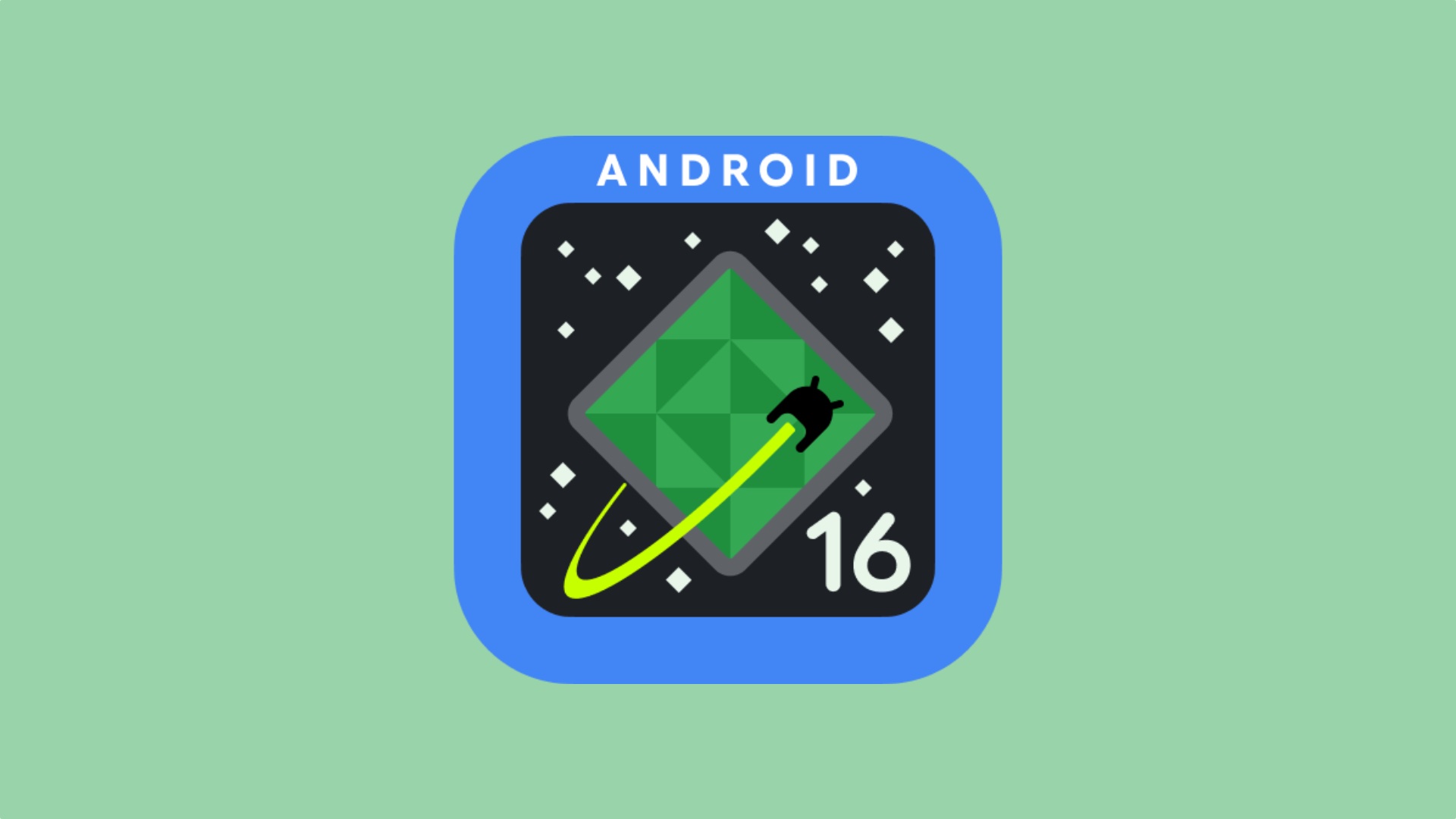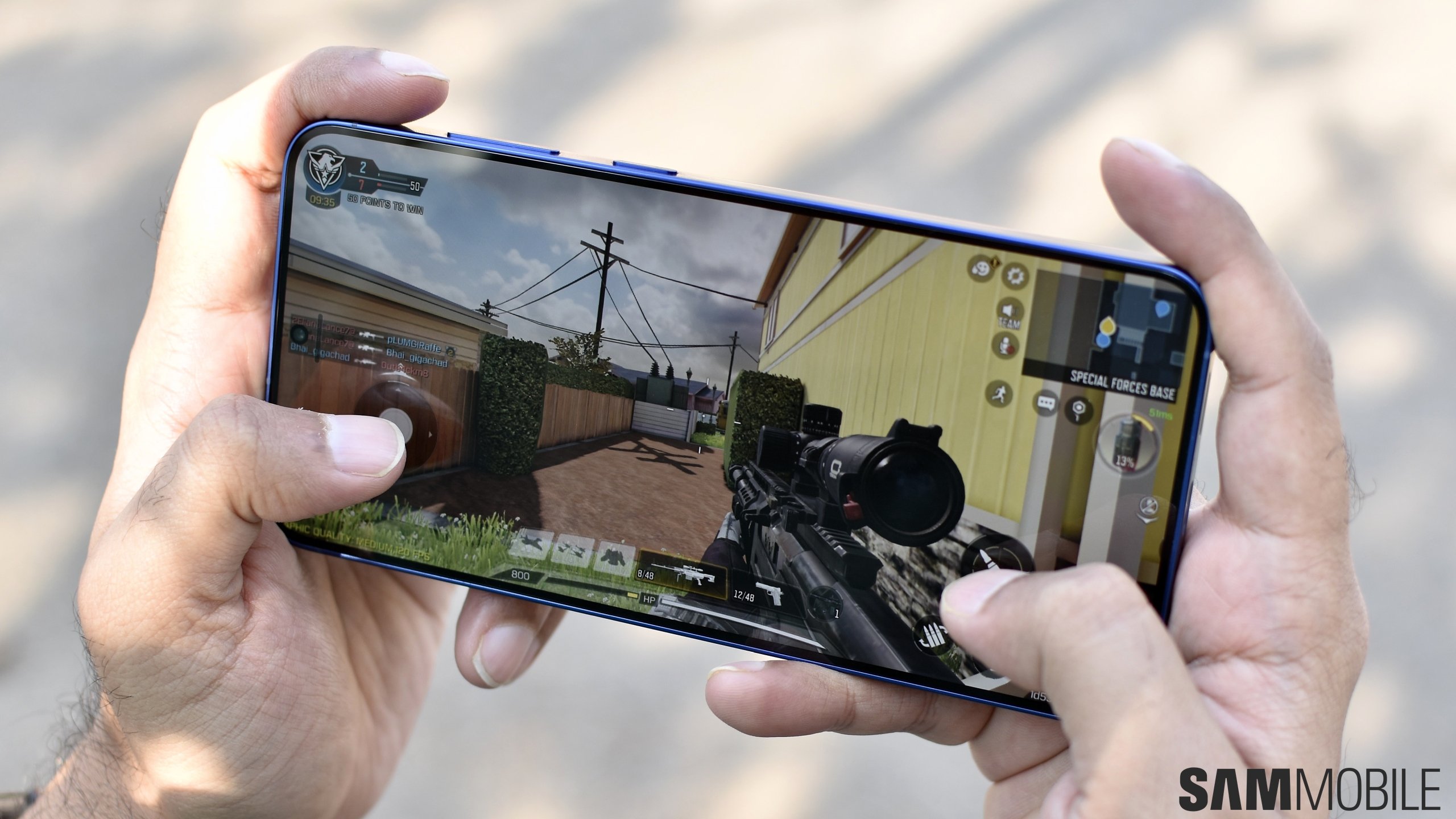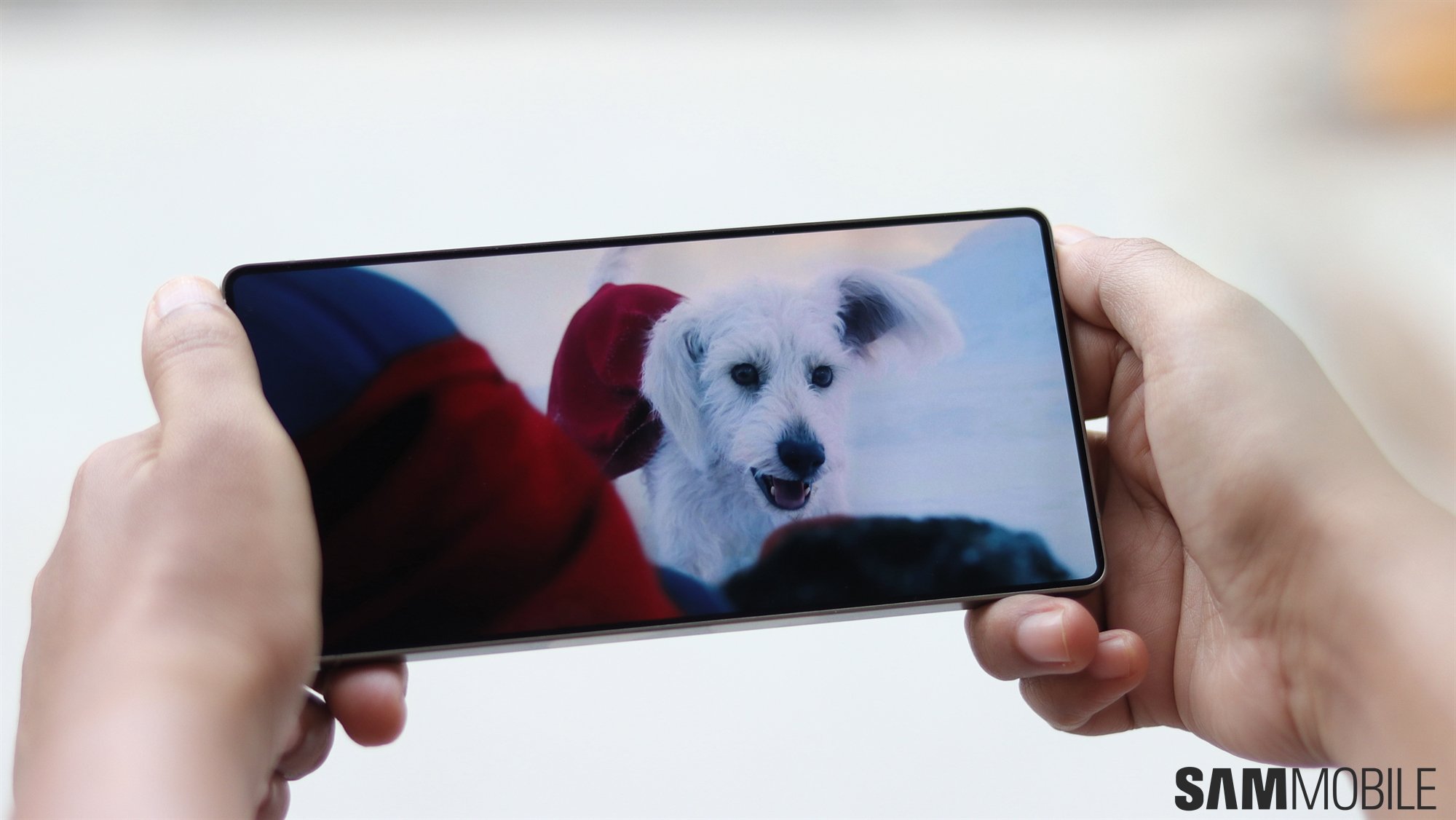One UI 7.0 might have been delayed, but we revealed earlier today that Samsung is planning to bring Android 16-based One UI 8.0 pretty early. And it could bring improved gaming performance and media playback efficiency. Google has made changes under the hood with Android 16 to make that happen.
Android 16 improves gaming performance, thanks to one Vulkan feature

While Google added support for Vulkan APIs, a better standard for graphics and compute compared to OpenGL, with Android 7.0, it is making Vulkan the official graphics API with Android 16. Now that most processors support Vulkan APIs for graphics, apps and games targeting Android 16 will have to use Vulkan to communicate with the device’s GPU for graphics processing.
However, not all devices support all Vulkan features, so Google is trying to bring some consistency. It introduced the Vulkan Profiles for Android (VPA) program last year. As explained by Android AuthorityVPA defines a set of Vulkan features that GPUs must support to get Google’s certification for a particular version of Android. For chipsets that are targeting Android 16, VPA 16 is necessary, and it must support some Vulkan features, including Host Image Copy.

Host Image Copy is a part of Vulkan 1.4, and Shahbaz Youssefi, Google’s Senior Software Developer working on the Vulkan backend of ANGLE, says that it offers stutter-free texture data streaming and faster load times while decreasing the GPU memory usage by 50%. It basically improves app and game load times, reduces stutter, and lowers GPU usage. If you want to learn more about it, you should read this article.
Some Android devices already support Host Image Copy, but more devices will support it with Android 16, and that will improve the gaming performance and load times.
Android 16 will also improve battery life while streaming or playing music and videos

Android 16 is also set to improve the power efficiency while playing music and video files. It brings a new feature called in-process software audio codecs, which allows media codecs to run inside an app’s process. Priod to Android 16, codecs were divided into several sandboxed processes to make them more secure. However, that resulted into multiple inter-processes communication (IPC) calls, resulting in higher processor load and power consumption.
Apparently, Google rewrote codecs in a memory-safe language like Rust, making them more secure. So, they don’t need to be divided into different processes. Android Authority reports that in-process software audio codecs can improve AAC codec’s decoding and encoding efficiency by 50%. This feature was supposedly planned to release with Android 15, but Google delayed it to Android 16.
These under-the-hood improvements related to gaming and media playback Android 16 will likely be introduced in One UI 8.0. And they will help Galaxy smartphones and tablets perform better.



